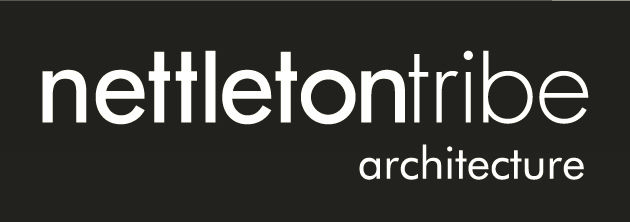Losing Architecture or Interior Design talent is hard, particularly if it’s to your competition. While the experience is disheartening and frustrating, you can still salvage valuable information through an effective employee exit interview.
(Download the full hiring guide here including Salary Survey, Position Description Guide, Interview Guide, Onboarding Guide, and Exit Interview Guide.)
Why is an exit interview important?
An exiting employee has a wealth of information about the health of your firm. Conducting a well structured exit interview gives you the opportunity to mine this vital intel.
Use it to help you:
- Retain vital work knowledge the employee would otherwise depart with
- Improve your firm’s culture Minimise future turnover
- Cut down on recruiting & training costs Work on your brand
When to conduct an interview:
The ideal time to conduct an exit interview is at start of the employee’s final week as much of the emotion surrounding handing in their resignation, or having been let go, has dissipated by this point. It’s likely they will be in a more emotionally-stable place, so should provide you with honest, thus valuable, feedback.
In the same vein, avoid holding the interview on their last day as they will have disengaged by this time.
Who should run the exit interview?
Direct managers are not a good choice. Choose someone who is removed from the employee’s everyday work environment, someone they will see as neutral party. This will encourage them to open up and speak honestly.
Opt for someone who has seniority in the company so the employee feels their views are valued. An HR manager is good choice if you have one, but you can engage an independent external consultant (although you may have to educate them about your firm so they can ask pertinent follow-up questions).
The interviewer should also be adept at expressing empathy, while remaining respectful and diplomatic.
How should you execute an exit interview?
The key to a successful exit interview is preparation. Pick the right interviewer and schedule a face-to-face meeting with the employee (you can supplement with a follow-up written or electronic survey).
At the start, explain the process is confidential. They must understand this to encourage honest responses. It may also help if they know their feedback will be used to improve conditions for those remaining (as in all likelihood, their current work colleagues are their friends).
Essential questions for your exit interview?
The following is a comprehensive list of questions to assist you in structuring your off-boarding interview. Don’t be overly concerned with sticking hard and fast to them. It’s important the interviewer goes with the flow of the conversation so it remains personal therefore, constructive.
1. What attracted you to your new job and firm?
2. What is the main reason for you leaving?
3. Before you decided to look for a new job, did you look at other opportunities here, or speak to anyone about changes that might have made you stay?
4. What have you enjoyed about working here?
5. What haven’t you liked?
6. Were you satisfied with your job’s: salary work/life balance conditions such as work hours?
7. Do you feel your everyday tasks and responsibilities aligned with your expectations of what the job would be? If not, how did they differ?
8. Do you think you had enough training and support to do your job effectively?
9. Did you have access to the right resources to be able to complete your tasks?
10. Do you get enough support from your direct manager? If not, please provide some insights about what they didn’t get right.
11. Do you think your efforts were recognised by your peers and management? If not, how can we improve this?
12. Did you get along with your manager and peers? If not, why?
13. What could the firm have done differently to encourage you to stay?
14. As a firm, what specific areas could we improve upon (i.e. client briefing, client experience, project management etc.)?
15. What skills or experience should we look for in a replacement?
16. Do you have any other concerns about our firm you’d like to share?
17. Would you consider returning if a position became available in the future?
18. What else do you want me/us to know?
Carefully review and then action your exiting employee’s feedback.
In doing this, you increase the chances that the next Architecture or Interior Design talent you secure will remain engaged and happy, allowing you to focus your efforts on growing your Interior Design firm and client base.
Download the full hiring guide here including Salary Survey, Position Description Guide, Interview Guide, Onboarding Guide, and Exit Interview Guide.



